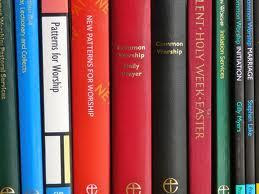There are some film stars whose films I know I can rely on to achieve that welcome break. One such is Clint Eastwood. I know he will provide a strong narrative, powerful characterisation, and action - often plenty of action! Real entertainment, but I can't remember ever having quoted a Clint Eastwood film in a sermon. I have just taken them at face value - a fun way to pass a couple of hours.
 |
| Book cover copyright Eerdmans |
On reflection I realise that they deal with some hefty themes: justice, confession, obsession, war and peace, gender, achievement, individualism, nobility, and the search for perfectability - to cite but a few. My consideration of those things has been obscured by the dominant idea of entertaining escapism is my viewing of Eastwood's films. I should have taken them more seriously - though no less entertainly! Vaux's book will be published here in November; I look forward to learning much from what she has to say.
In the meantime I need to take to heart again the preacher's task of working with people so that they can notice things that otherwise go unnoticed. Too often preaching is a restatement of the all too obvious, instead of the surprising disclosure of God it's meant to be. Revealing hidden depths and and signalling otherwise overlooked grace are crucial parts of what it's about. Thinking about Clint in a new way calls me back to something I too easily forget.














